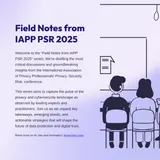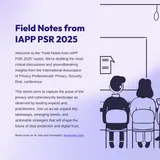The IP Gambit: Lionsgate Unlocks Its 20,000-Title Vault to Shield Runway AI from Copyright Lawsuits
This deal aims to save millions in costs and provides a legal shield against copyright lawsuits from public data scraping. However, the move—executed post-strike—heightens the unresolved IP conflict over creator consent for AI training.







